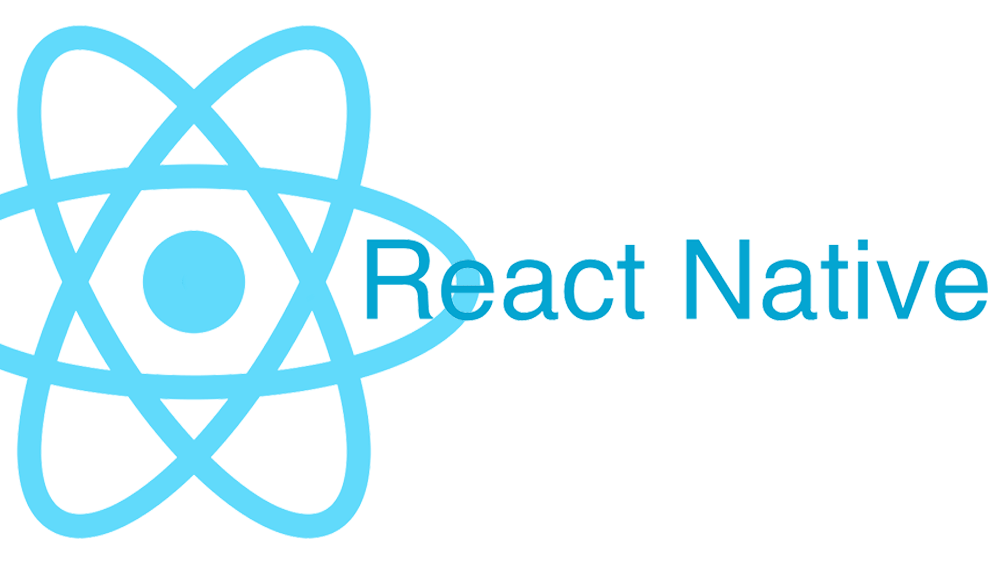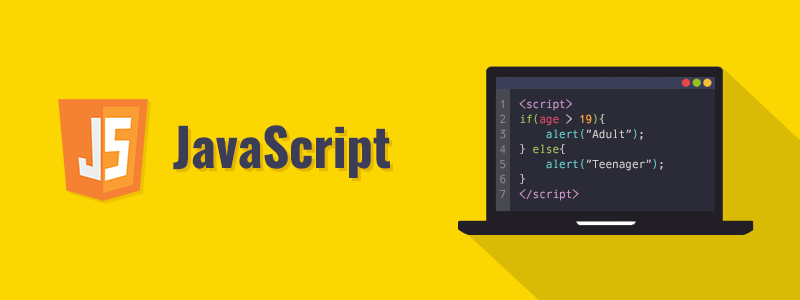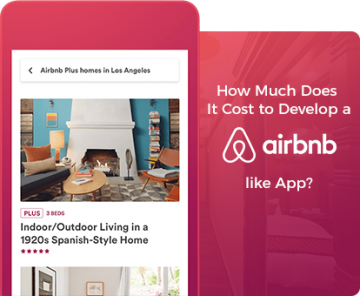Top 9 Cross-Platform Frameworks for Easy Mobile App Development
Mobile app development is playing an integral part in this digital world. Innovative and instant-service delivery mobile applications are in popularity and increasing the brand awareness of companies across different sectors. App development is the best business strategy to be competitive in this digital era for businesses and meet the dynamic needs of their consumers.
Every business is digitizing its services through mobile app development. Application development is the best choice to remain competitive in 2022 and the years ahead.
Today’s enterprises must offer a mobile application service to fulfill customers’ desired needs. This trend is rapidly increasing mobile app downloads every year, and the number has touched nearly 230 billion in 2021.
If you are stepping ahead for mobile app development, this article will give you a brief knowledge of which apps ensures you the best business results and what type of frameworks makes your applications robust and powerful.
Compared to the native mobile app development for Android and iOS operating systems, cross-platform app development is cost-effective and saves development time. Cross-platform or hybrid apps are compatible with all operating systems used in smartphones.
Herein, we explain the pros and cons of the top 9 cross-platform frameworks in 2021. We also discuss the benefits of using cross-platform mobile app frameworks for building mobile apps.
What Are Cross-Platform App Development Frameworks?
It is a framework used by mobile app developers to build mobile applications that can run on multiple platforms using the same codebase. In recent years cross-platform has become the center for mobile app development.
Mobile app developers are increasingly using cross-platform frameworks as it offers many benefits like low cost, design uniformity, high performance, and more.
Why Choose Cross-Platform Mobile App Framework?
Here are the best benefits of a cross-platform app development framework.
- Reusable Code
It is the primary reason for app developer’s interest in this framework. They can write one codebase for an application and reuse it to run the app on multiple platforms. It saves time in scripting code and reduces the mobile app development cost.
- Less Development Time
The code reusability feature of this framework solely decreases the development efforts by 80%. Developers can eliminate repetitive tasks and concentrate on other factors to build featured rich mobile apps in less time and cost.
- Cost-Effective
The features of a cross-platform framework like less time and fewer efforts can reduce the development cost of a mobile app. The single source code will speed up the coding process and also helps in the quick testing and deployment process. Hence, cross-platform app development reduces the overall development time of the application.
- Cloud Integration
The easy cloud integration is an additional benefit of developing hybrid mobile apps than native apps for your business. Cross-platform mobile apps can easily integrate with cloud hosting services.
- Seamless Maintenance
The usage of single code for many platforms is the core for the easy maintenance of the application. Developers can easily update packages and sync with multiple OS at once. It will save time, effort, and money in making changes in the application.
If a question like which framework can be used to develop cross-platform applications? is drilling your brain, the below session is the best answer for it.
Top 9 Cross-Platform App Development Frameworks
We can find plenty of cross-platform frameworks to develop hybrid apps, but choosing the best one helps you build user-friendly hybrid mobile applications.
We have compiled a list of the best and top cross-platform app development frameworks. Here we go.
-
Flutter
What is the best cross-platform for mobile app development?
Being the best cross-platform developer, my answer to the above query is FLUTTER.
Flutter is an open-source mobile app development platform released by Google in 2017. It is a top UI software development kit for cross-platform app development. It is the best cross platform app development framework 2021. This UI toolkit is the fast way to build cross-platform apps for Android and iOS platforms using one single codebase.
The coding language used in this framework is Dart, which is an object-oriented programming language. Flutter also supports multiple languages like C, Swift, Java, and more.
 Pros
Pros
- Reduce development cost
- Positive feedback from developers
- Simple testing process
- Widgets to build apps with material design
Cons
- Increase application size
- No support of third party libraries
- Lack of platform-specific look and feel
-
React Native
React Native is an open-source cross-platform mobile app development framework developed by Facebook. It stood on top of the developer’s choice for developing mobile apps. It is also the preferred framework for developing native android apps and native iOS apps. Here are the cons and pros of cross platform mobile development frameworks.
 Pros
Pros
- Faster development
- Quick deployment
- Enormous built-in library
- Community support
- Build effective apps in no time
- Hot reloading
Cons
- Compatibility issues
- Not suitable for beginners
- A small error can affect the project
- Steep learning curve
-
Ionic Framework
Ionic is an open-source SDK licensed by MIT to develop hybrid mobile applications. It was first released in 2013 with elements from both Android and iOS and making it the best choice for hybrid mobile app development.
The usage of this framework in building mobile apps is increased by 53.3% over the previous year. It has the power and flexibility of AngularJS and uses HTML, CSS, and JavaScript languages. The latest release of the Ionic framework supports React.
![]() Pros
Pros
- Single code for multiple OS
- Huge community support
- Easy to build apps
- Equipped with tools and latest components
Cons
- Complexity level is high
- Limitations in free version
- Debugging issues
-
Xamarin
This Xamarin cross-platform app framework is based on WORA (Write Once Run Any Model) and is different from others. This open-source platform is maintained by Microsoft and released in 2011.
Xamarin cross-platform mobile app development is launched to resolve the technical problems of mobile app developers. The .NET language gives the programming support for this framework and allows developers to share 75% of code across multiple platforms easily.

Pros
- Native API and NuGet packages access
- Consistent look on all OS
- Support libraries, API, and code languages
- Easy maintenance
Cons
- Large app size
- Time-consuming UI development
- Expensive full license version
- Not suitable for heavy graphics
-
Adobe PhoneGap
Adobe PhoneGap cross-platform framework is developed by Adobe and uses JavaScript programming language. It also supports HTML and CSS languages to create user-centric mobile applications.
The robust PhoneGap toolsets and developer community support will make the mobile development process easy. Developers can write code in their comfortable programming language and run code without any hardware restrictions.

Pros
- Uniform look on all platforms
- Perfect for startups
- Compatible with third-party tools and APIs
- Easy debugging
Cons
- Requires Mac to create iOS apps
- PhoneGap apps lag in performance compared to native apps
- Not suitable for high graphic interface apps
These are the top 5 cross-platform app frameworks in 2020 that make mobile development easy. But we have more in the stack.
-
Node.js
Node.js is a widely used cross-platform application framework and can handle many processes at a single time. The runtime of this framework is built on the Chrome V8 JavaScript engine, which is Google’s open-source web assembly engine.
Most cross-platform mobile app frameworks have in-built libraries, but the libraries of Node.js have impressive features, speed, and functionalities. Node.js is also best for developing web apps.

Pros
- Asynchronous Node.js APIs
- Fast code execution
- Easy Scalability
- Best for beginners
- Huge in-build libraries
Cons
- Not recommended for GUI apps and web interfaces
- Difficulty in code maintenance
-
Sencha Touch
Sencha Touch is a web framework that has the benefits of UI integration, huge libraries, and easy testing to develop hybrid and native mobile applications. It is the best cross-platform framework to develop large business applications effectively. It is best suitable for apps that make use of hardware acceleration techniques and has in-built Cordova integration.

Pros
- Customizable and Inbuilt UI widgets
- Developers friendly
- Compatible with all OS
- Easy integration of API and plugins
Cons
- Not suitable for GUI apps
- Heavy Document Object Model elements
-
Appcelerator Titanium
It is one of the well-known and most-used cross-platform and hybrid app development frameworks of 2021. It allows developers to make their design and development process smooth and easier. Its single and easy-to-understand code is the best feature of this popular cross-platform.
Leveraging the power of JavaScript-like popular programming languages and integrating native components, Appcelerator Titanium will modernize the entire development process. It assists developers in creating flawless and robust mobile applications.
Further, it is also the best open-source framework for creating native applications using HTML and CSS like web technologies.
According to the reports, today, Titanium is used by over 300,000 mobile app developers and 40,000 web application developers. It has made this framework the Number #1 cross-platform mobile application development framework.
Here are the pros and cons of the Appcelerator Titanium-like trending cross-platform app development framework.
Pros:
- Ensures faster application development
- It takes less time to assess the application UI
- Makes integrations seamless
- Its friendliness with JavaScript enables web developers to seamlessly foray into mobile app development and create best-in-class applications in less time.
- Vast community support
Cons:
- Needs more efforts to launch apps
- Developers might face difficulties in dealing with a few productivity and development tools
- Fixing bugs in complex projects will be a little bit difficult
-
Corona SDK
Corona is one of the most popular cross-platform frameworks. It is a perfect framework for building apps that run robustly on Android, iOS, and Windows. On the other hand, it is also an ideal tool kit for developing powerful 2D gaming apps.
Your single investment in Corona SDK-like frameworks will let you launch your single app on iPhone and iPad, Android tablets, Amazon Fire, macOS, Windows, Apple TV, and Android TVs. It would help you attract more audience base within a short time.
Here are the noticeable benefits and drawbacks of Corona SDK like frameworks:
Pros:
- The availability of plugins helps developers to add in-app advertising and analytics like features with ease
- Lightweight, fast, and robust framework
- Compatibility with native libraries and APIs
- Automatic code compiling facility at build time
- Speed and performance
- Support from 500,000 developers
Cons:
- Developers cannot create apps with native programming languages. They must use Lua-like scripting language.
- Certain limits on integrating the latest technologies and creating advanced features.
How To Build Cross-Platform Mobile Apps?
Being the best #mobile app development company, we would like to share an agile process for developing cross-platform apps.
Here are a few basic steps in the cross-platform app development process:
- Collect the app’s requirements and define its vision
- Finalize the app’s feature
- Market analysis to make the app unique with standalone features set and functionality
- Choose cross-platform mobile app development tools
- Start prototyping and create use cases
- Check for bugs or any adjustments in the prototype to move toward features development
- Select an app development platform to start the process
- Develop app modules and features
- Integrate loyal APIs for cross-platform mobile apps
- Test multiple times to fix errors
- Get app-store approvals
- Launch an MVP into the market to test its performance and track user feedback
- Keep monitor user feedback and add more features as per the demand
Know the Cost to Develop the Apps like
Conclusion
The cross-platform mobile app framework that worked for one mobile application may not be best suited for the other application. You need to decide the framework based on the type of mobile application you want to develop for your business.
FuGenX is the best cross-platform mobile apps development company without any flaws. Get in touch!


